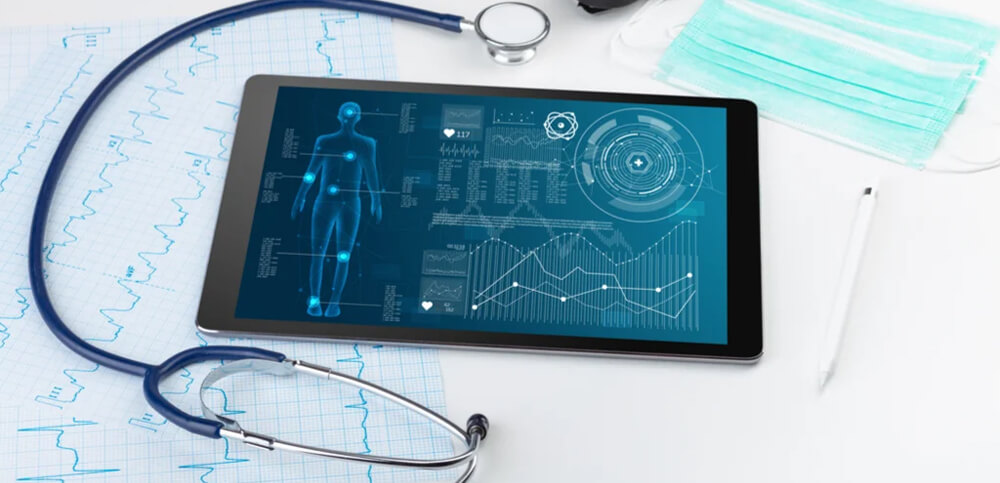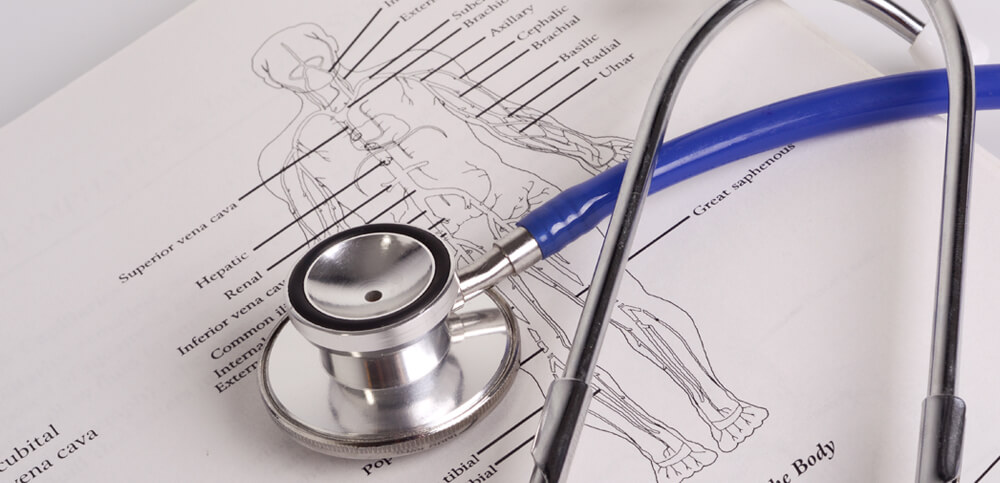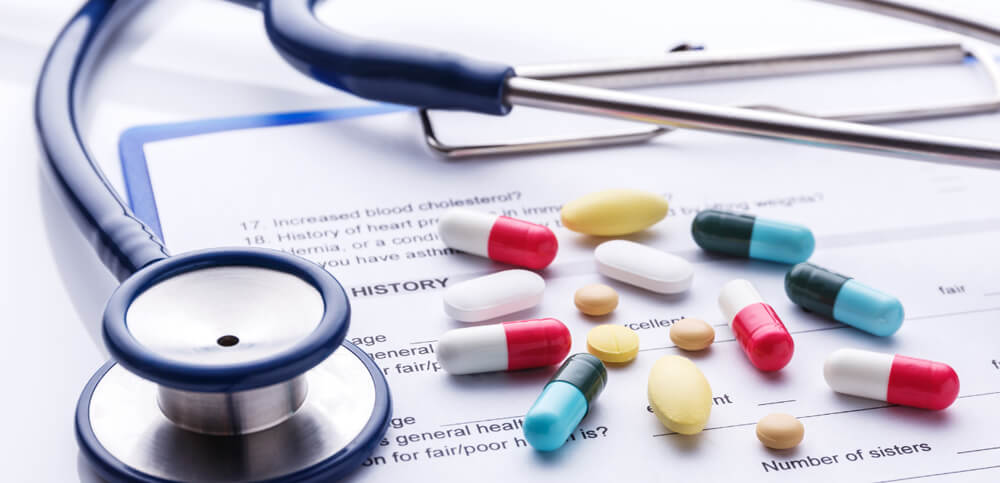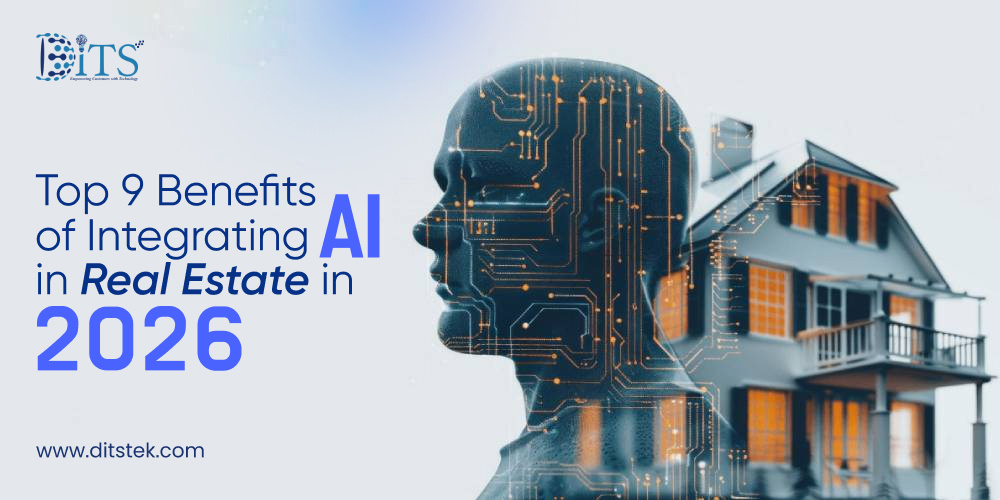mHealth - Unlocking the Potential of Preventive Healthcare
Table Of Content
Published Date :
01 May 2023 (1).png)
We have seen the use of modern technologies in extensive research and development in the healthcare domain over the past decade or so. We saw how healthcare institutes started using scheduling software, EHR software, and other technologies to improve care delivery. Now, a new trend is emerging in the preventive healthcare space. This trend is mHealth.
mHealth is the delivery of medical services via mobile devices, and in this post, we will examine the most important ways mHealth contributes to preventative healthcare today.
What is preventive healthcare?
The goal of preventive healthcare is to curb illnesses, disorders, and diseases before they develop. It is a holistic approach to modern treatments. It includes a wide range of techniques and measures, including dietary adjustments, vaccination screening, and early detection.
The foundation of preventive healthcare is the belief that prevention is preferable to treatment. It is a proactive strategy for healthcare that tries to spot and deal with potential health issues before they materialize into serious conditions. Preventive healthcare can be practiced in a variety of ways, including scheduling routine check-ups and screenings, following a healthy diet and exercise regimen, adopting stress-reduction skills, and preventing harmful habits like smoking and binge drinking.
mHealth has emerged as an ingenious technology that allows people to practice preventive healthcare principles easily and conveniently. It helps people monitor their eating habits, lifestyle, etc., assists in creating and sticking to exercise regimes, and more.
Check our portfolio on Web Application for Data Analytics here.
What exactly is mHealth, and what role does it play in preventive healthcare?
The term "mHealth" refers to the integration of wearable technology, mobile connectivity, and technologies for gathering and monitoring physiological signals and data that are essential to health maintenance. In this, patients take advantage of mobile health services to monitor their vitals, set up alerts and reminders for their health, get nutritional and exercise advice, and follow their prescription schedules. In the long run, mHealth applications give users the ability to track their health routines over time and see patterns and unsafe habits, which makes them highly beneficial for the prevention of chronic diseases.

Today, mHealth is supporting preventive care in the following ways, to name a few:
Personalized Health Management
Individualized health management is one of mHealth's greatest advantages. Wearable gear, smartphone apps, and telemedicine platforms, among other mHealth technologies, provide a wide variety of data that may be utilized to track patient health and deliver individualized care. These tools allow patients to monitor their vital signs including their blood pressure, glucose levels, and heart rate, while also receiving timely notifications and guidance from medical professionals.
For instance, a diabetic patient can track their blood sugar levels using smartphone applications created by medical software development companies and get notifications when they are too high or low. Additionally, the application can offer users tailored advice on how to control their diabetes, such as dietary adjustments or exercise.
Medical Education

Patients can receive health knowledge and assistance from mHealth technologies, which is essential for preventive care. They can access informational resources on many health topics, such as diet, exercise, and illness prevention, using mobile applications or telemedicine platforms.
For instance, a patient with high blood pressure can get information on the DASH diet, which is known to lower blood pressure, through a mobile application. Additionally, they can monitor their sodium intake using the app and read suggestions on cutting it back.
Also Read: How Does Web3 Improve the Healthcare Infrastructure
Medication Administration

Medication adherence is a critical aspect of preventive care, as it can prevent complications and hospitalizations. By sending reminders, monitoring medicine use, and notifying patients when their prescriptions need to be renewed, mHealth technology can assist patients in managing their drug regimens.
Patient Participation
mHealth technologies can also enhance patient participation, which is crucial for preventive care. This is because, patients who are actively involved in their care are more likely to follow their treatment programs and make good lifestyle choices.
By giving patients access to their health information, enabling them to communicate with their healthcare professionals, mHealth technology can boost patient engagement. For instance, a patient with hypertension can interact with their doctor and go through their treatment plan using a telemedicine platform. They may access their health information, monitor their progress, and get specific recommendations on how to manage their illness via the platform as well.
Healthcare Supply Chain Management
Healthcare supply chain management is a critical area where mHealth continues to have a huge influence. Healthcare practitioners can efficiently oversee their supply chains with the support of mobile devices, ensuring that vital medical supplies and equipment are always accessible when required. To reduce the danger of stockouts and wastage, healthcare providers can also follow medical supplies and equipment from the point of manufacture to the point of service with the aid of smartphone apps that use barcodes and RFID tags.
Check our portfolio of SaaS Based Invoicing Management Software here.
Medical Staff Communication and Training
mHealth is assisting with the communication and training of medical workers, particularly in rural and underserved areas. Medical professionals can access essential training and educational resources through mobile devices and applications, which can help them improve their knowledge and abilities. Mobile devices can also improve communication among healthcare professionals, enabling them to cooperate and consult on challenging cases. For instance, mHealth resources like telemedicine and video conferencing allow doctors in rural locations to consult with experts in urban locations.
What’s next?
As technology advances, so does the domain of mHealth. There's no denying that mobile health has a bright future ahead of it, with a number of interesting developments that might completely change the way we approach healthcare. Two exciting mHealth trends for the future are listed below:
Wearable technology:
Wearable technology is already widely used to monitor physical activity and vital signs, such as fitness trackers and smartwatches. This technology will advance further in the future and offer accurate data on a person's health. Smart glasses, for instance, might offer real-time information regarding a person's blood pressure, glucose levels, and other vital signs.
Artificial Intelligence (AI):
AI will become more and more important in mHealth. Apps with AI capabilities can evaluate a user's health information and offer individualized health advice. For instance, an AI-powered software may suggest individualized exercise plans depending on a user's fitness level and medical background.
Modern technologies such as big data and AI are leading new transformations in the healthcare space. mHealth will leverage these developments and tackle many challenges that healthcare professionals are facing today. Needless to say, exciting times are ahead for the healthcare domain.
Conclusion
mHealth is here; it has seeped into every single scope of the healthcare industry. Undoubtedly, mobile healthcare is addressing some of the most pervasive challenges of the healthcare industry. Thus, it won’t be wrong to say that unlocking the potential of preventive healthcare driven by real-time mobile data is the strategic key to overperform your competitors and improve healthcare outcomes.

Nidhi Thakur
With more than 19 years of experience - I represent a team of professionals that specializes in the healthcare and business and workflow automation domains. The team consists of experienced full-stack developers supported by senior system analysts who have developed multiple bespoke applications for Healthcare, Business Automation, Retail, IOT, Ed-tech domains for startups and Enterprise Level clients.
Recent Posts

Explore predictive maintenance software features that reduce downtime, cut costs, and boost efficiency with enterprise-grade, AI-powered maintenance systems.

Benefits of AI in real estate include better cash flow planning, improved marketing ROI, stronger pipeline visibility, and scalable growth.

We at DITS offer custom Population Health Management Software Solutions to help you measure the effectiveness and efficiency of care delivery to patients. Read our blog to know in detail.